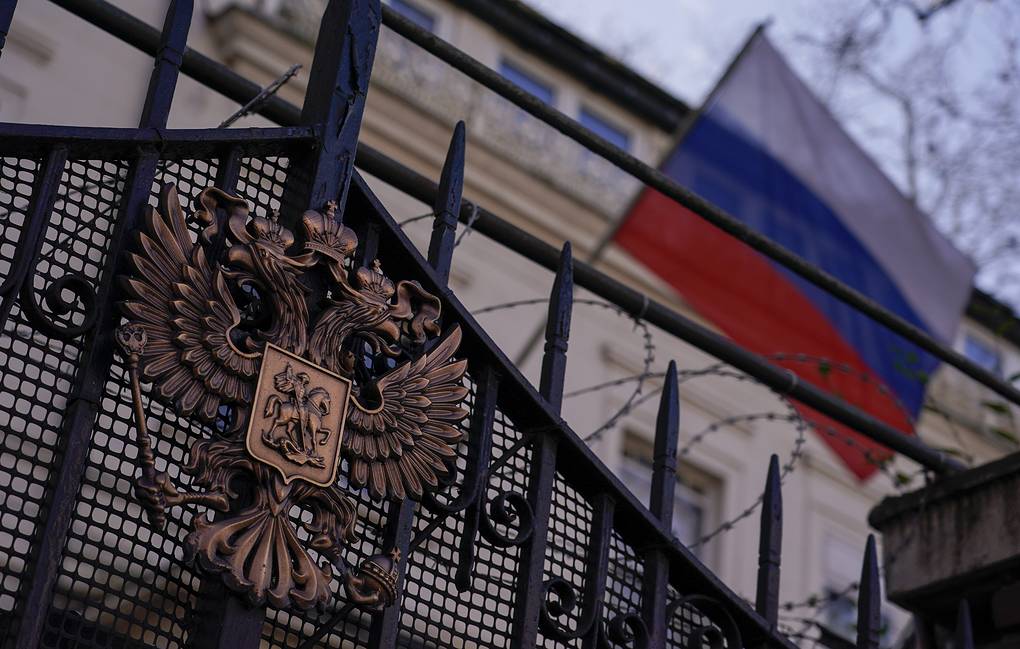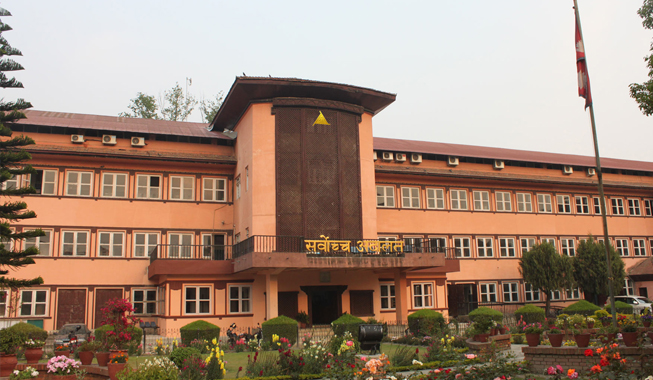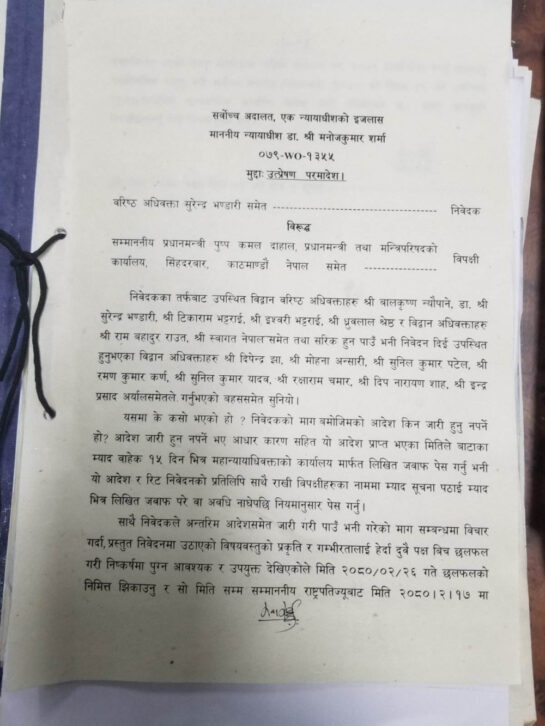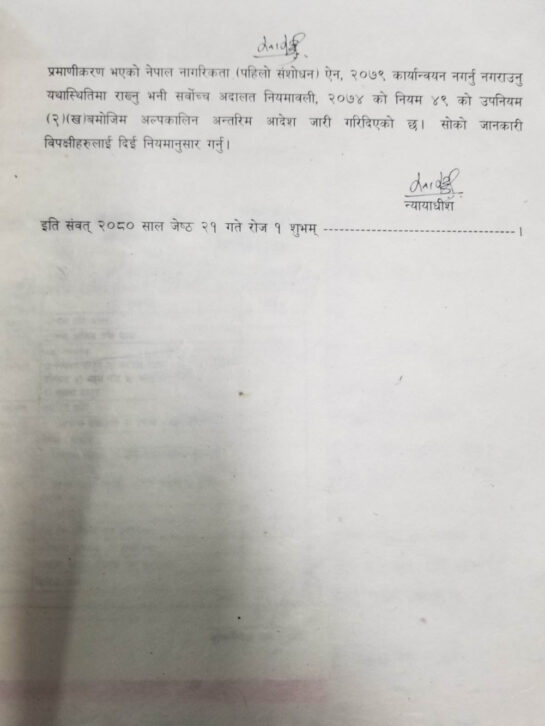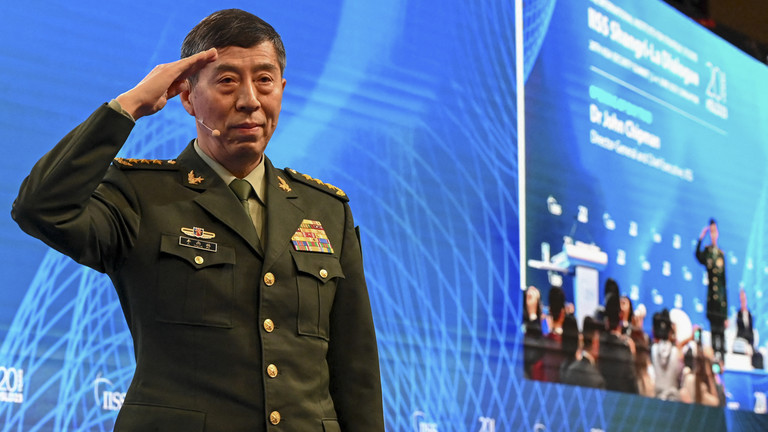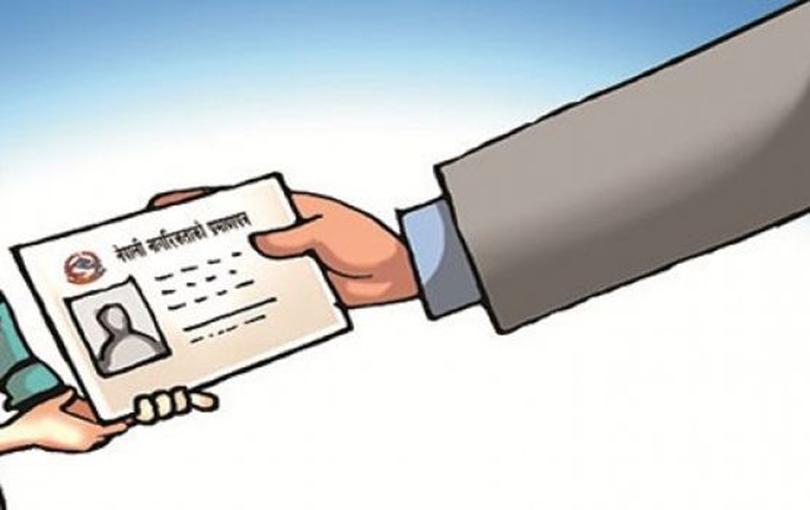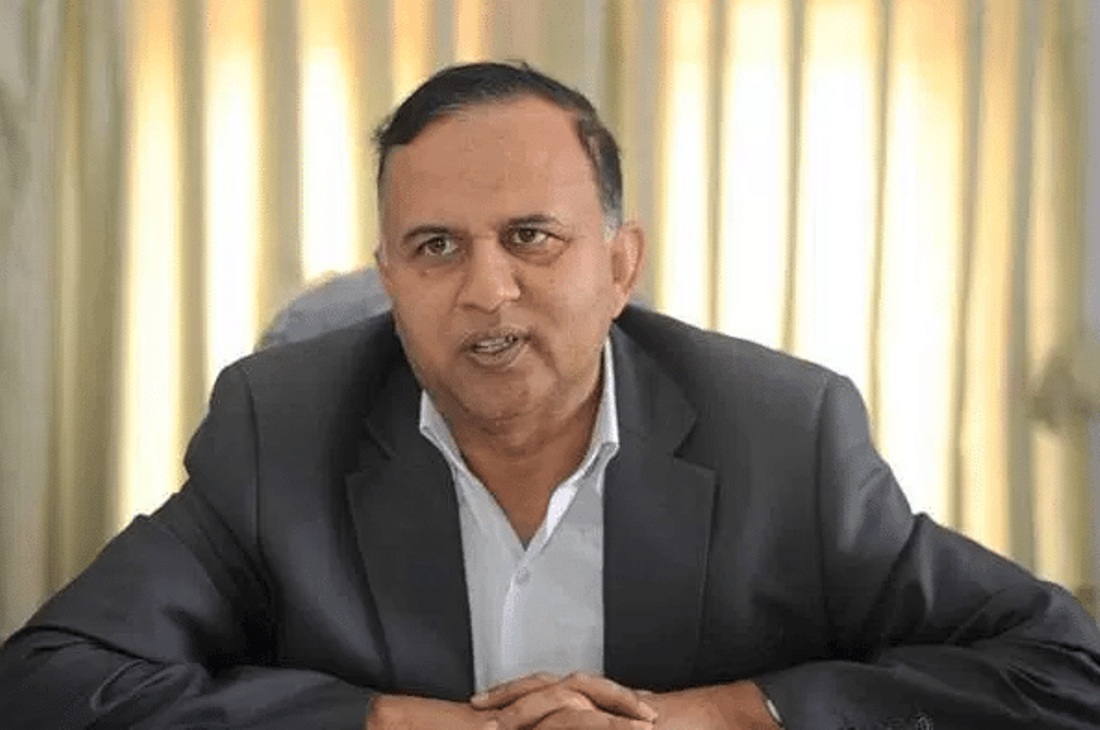The UK authorities continue to conceal the information about Russian nationals Sergey and Yulia Skripal, whose fate remains unknown to date, the Russian Embasy in London said in a statement.
“Still no news from two Russian nationals – Sergei and Yulia Skripal. It has been more than five years now since Yulia’s most recent public appearance. Her brief pre-recorded message in 2018, apparently translated from English, raises many questions,” the embassy said.
“Our nationals have not been forgotten. Five years on, we continue to demand that the British authorities allow us to ascertain they are safe and sound. London carries full responsibility for their well-being,” the statement says.
If the British version of the incident involving the Skripals is to be believed, on March 4, 2018, former GRU Colonel Sergey Skripal, convicted in Russia of espionage for Britain, and his daughter Yulia were exposed to the Novichok nerve agent in Salisbury. London later claimed that the substance had allegedly been developed in Russia and accused Moscow of being involved in the incident. Russia categorically rejected all speculation in this regard. Experts at Britain’s laboratory in Porton Down have not been able to establish the origin of the substance with which the Skripals were allegedly poisoned.
On September 5, 2018, the then British prime minister, Theresa May, briefed parliament on the findings of the investigation. She said that two Russians with passports issued in the names of Alexander Petrov and Ruslan Boshirov were suspects in the attempt on the Skripals’ lives. The British intelligence services consider both as “GRU agents.” Both men agreed to grant an interview to the RT television channel, in which they denied these charges. Later, Scotland Yard said another man, Denis Sergeyev, allegedly a “GRU agent”, too, was also charged in the Skripal case.tass


 NP
NP